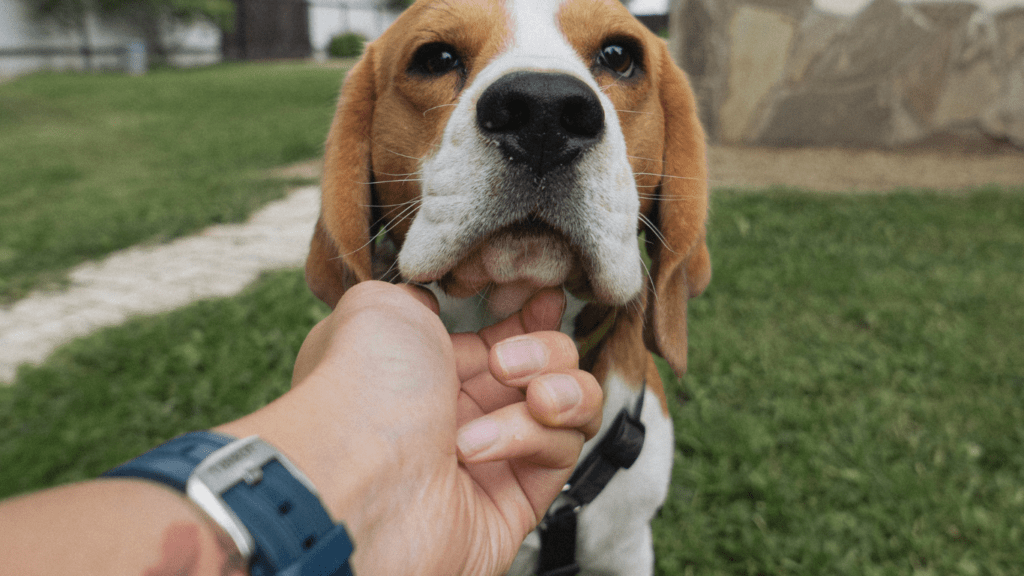As a pet owner, I’ve always been fascinated by how socialization can shape our furry friends’ behavior. In this article, I’ll delve into the crucial role early interventions play in molding your pet’s social skills and overall demeanor. From puppies to kittens, the impact of socialization on their development is profound.
I’ll explore the importance of exposing your pet to various environments, people, and animals during their formative stages. Whether it’s introducing them to new experiences or helping them navigate social interactions, these early interventions can have a lasting effect on their behavior.
Join me as we uncover the key strategies to ensure your pet grows into a well-adjusted and socially adept companion.
Understanding Socialization in Pets
Exploring the concept of socialization in pets reveals its crucial role in shaping their behavior and interactions with the world around them. Socialization refers to the process of exposing pets to various stimuli, including people, animals, environments, and experiences, during their early stages of development.
This exposure helps pets become familiar with and adapt to different situations, leading to well-rounded and confident companions.
Socialization is a vital component in shaping a pet’s behavior as it influences how they respond to new stimuli, stressors, and interactions throughout their lives. Proper socialization during the critical developmental period generally between 3 to 14 weeks of age in pets can significantly impact their long-term behavior and temperament.
Insufficient socialization can result in behaviors like fear, anxiety, aggression, or timidity in pets, making it challenging for them to adjust to new experiences and form positive relationships. Early interventions focused on socialization are essential in preventing behavioral issues and promoting a pet’s overall well-being.
Understanding the significance of socialization in pets underscores the need to provide early and diverse experiences to help them become well-adjusted, sociable, and emotionally balanced companions.
Importance of Early Interventions
As a pet owner, I cannot stress enough the significance of addressing behavioral issues early on through proactive interventions. Let’s delve deeper into the two key aspects that highlight the critical role of early interventions in shaping a pet’s behavior.
Behavioral Impacts of Lack of Socialization
I’ve seen firsthand the detrimental effects of insufficient socialization on a pet’s behavior. Pets that lack exposure to various stimuli during their formative stages often exhibit fear, anxiety, and even aggression towards unfamiliar situations or individuals.
Without proper socialization, pets may struggle to adapt to new environments, leading to behavioral problems that can persist into adulthood.
Benefits of Positive Socialization
On the flip side, positive socialization plays a pivotal role in fostering a pet’s well-being and long-term behavior. When pets are exposed to a wide range of experiences, people, and environments during their critical developmental period, typically between 3 to 14 weeks of age, they are more likely to grow into confident, well-adjusted companions.
Positive socialization can prevent behavioral issues, enhance adaptability, and promote a harmonious bond between pets and their owners.
By investing time and effort in early interventions, pet owners can ensure their furry friends develop the necessary social skills for a fulfilling and balanced life.
Key Factors for Successful Socialization
To ensure successful socialization for pets, several key factors need consideration. Here’s a breakdown of essential elements for effective pet socialization:
- Early Start: Begin socialization as early as possible; the critical developmental period for puppies is typically between 3 to 14 weeks.
- Positive Exposure: Expose your pet to a variety of people, animals, sounds, and environments to build confidence and reduce fear of the unknown.
- Consistent Training: Maintain a routine and consistency in training to reinforce positive behaviors and reactions during social encounters.
- Patience and Calmness: Remain patient and calm during socialization sessions to create a stress-free environment for your pet to learn and adapt.
- Positive Reinforcement: Use treats, praise, and rewards to reinforce desirable behaviors, encouraging your pet to engage positively with new experiences.
- Professional Guidance: Seek advice from professional trainers or behaviorists to address specific socialization challenges and receive personalized strategies for your pet.
- Gradual Exposure: Introduce new stimuli gradually, allowing your pet to acclimate at their own pace to prevent overwhelming situations.
By incorporating these key factors into your pet’s socialization process, you can help them develop into well-adjusted, socially adept companions, ensuring a happy and fulfilling life for both you and your pet.
Implementing Early Interventions
To implement early interventions effectively, I recommend following a structured approach that encompasses various crucial aspects of pet socialization.
- Starting Early: Begin the socialization process as soon as you bring your pet home. The early weeks are a critical period for shaping their behavior, so initiating social interactions promptly is vital.
- Positive Exposure: Expose your pet to a wide range of stimuli in a positive and controlled manner. This exposure helps them acclimate to different environments, people, sounds, and experiences, fostering adaptability and reducing fear responses.
- Consistent Training: Regular and consistent training sessions are essential for reinforcing positive behaviors and establishing boundaries. Consistency helps pets understand expectations and promotes positive learning outcomes.
- Patience and Calmness: Approach socialization with patience and calmness. Pets can sense your emotions, so maintaining a composed demeanor during socialization encounters can help create a relaxed environment for them.
- Positive Reinforcement: Utilize positive reinforcement techniques such as treats, praise, and toys to reward desired behaviors. Positive reinforcement enhances learning, strengthens the human-animal bond, and encourages pets to engage in positive behaviors willingly.
- Professional Guidance: Seek assistance from professional trainers or behaviorists if you encounter challenges during the socialization process. Experts can provide tailored guidance and strategies to address specific behavioral issues effectively.
- Gradual Exposure: Introduce new experiences gradually to prevent overwhelming your pet. Gradual exposure allows pets to acclimate at their own pace, reducing stress and fear associated with unfamiliar situations.
By incorporating these strategies into your pet’s socialization routine, you can lay a solid foundation for their behavioral development and social adaptability. Consistent implementation of these interventions can help your pet become a well-rounded companion, enriching both their life and yours.

 Elena Palen is an integral part of the team behind Animal Potty Care, contributing her knowledge in pet travel care and innovative solutions for on-the-go potty training. Elena’s attention to detail ensures that pet owners have access to reliable, practical tips for keeping their pets comfortable during trips. Her contributions to the platform help make travel with pets a seamless experience, providing users with creative solutions and advice to maintain their pets’ routines while on the move.
Elena Palen is an integral part of the team behind Animal Potty Care, contributing her knowledge in pet travel care and innovative solutions for on-the-go potty training. Elena’s attention to detail ensures that pet owners have access to reliable, practical tips for keeping their pets comfortable during trips. Her contributions to the platform help make travel with pets a seamless experience, providing users with creative solutions and advice to maintain their pets’ routines while on the move.